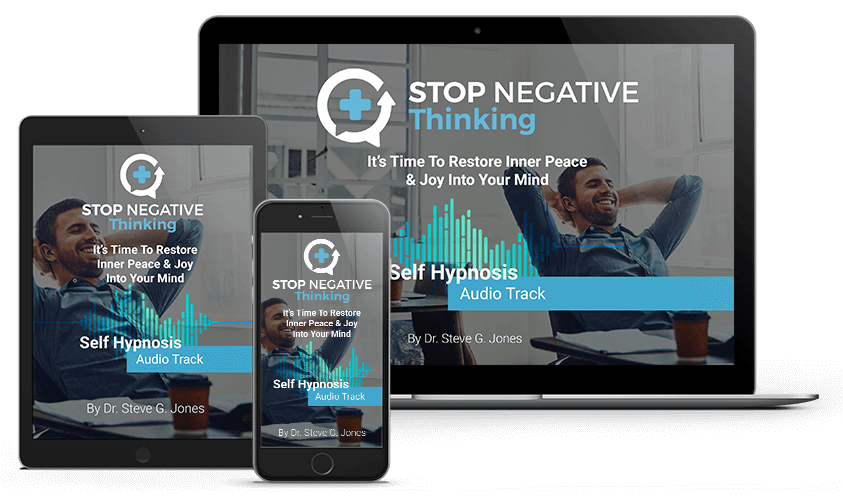
Negative thoughts can sneak up on you when you least expect them. They’re often triggered by past experiences, fears, or habits we’ve built over time. Knowing what sets these thoughts off can be a massive step towards tackling them.
Ever feel like you’re replaying bad experiences on loop? It’s not uncommon. Our brains are wired to remember negative events more vividly than positive ones. This is a leftover survival instinct from ages ago when spotting danger was essential for living another day.
Past traumas can dig in deep, embedding themselves in our subconscious. They influence how we react to current situations, often casting a shadow on brighter moments.
Psychological patterns, like perfectionism or black-and-white thinking, can fuel the fire. Striving for flawlessness leaves room for self-criticism, and seeing things in absolute terms denies the complexity of life.
Breaking these patterns means going back to the drawing board and re-evaluating how we interpret our daily lives. Starting with awareness, we can slowly start shifting our perspective to make room for more positive interpretations, inching closer to self-compassion.
Practicing Mindfulness and Positive Self-talk
Mindfulness can be like a breath of fresh air for the mind, helping anchor you in the present moment. Instead of being stuck in the loop of negative thoughts, it shifts your focus to what’s happening right now.
Studies show that mindfulness practice not only reduces stress but also increases emotional resilience. It’s about observing your thoughts without judgment, almost like watching clouds pass by. This awareness helps in recognizing negative thoughts as they form, allowing you to address them before they snowball.
Starting your mindfulness journey doesn’t require any fancy equipment. Simple techniques like deep breathing or a short meditation session can set the stage. Consistency is key – even a few minutes daily can make a noticeable difference.
Positive self-talk is another game-changer. Think of it as editing the script running in your head. Instead of letting negative commentary take over, consciously insert affirming, uplifting statements about yourself.
Whenever a negative thought pops up, challenge it. Ask yourself if it’s factual, if there’s another way to frame the situation, or if you’d say something similar to a friend. This helps in transforming those harsh self-criticisms into kinder, more constructive thoughts.
Building a Supportive Environment
Surrounding yourself with the right people makes a world of difference in managing negativity. The folks you spend time with can either lift you up or drag you down, so choose wisely.
Positive relationships are like a safety net. Friends, family, or colleagues who genuinely care offer a listening ear and provide new perspectives when you’re bogged down with negativity.
Building strong social connections means nurturing relationships that are reciprocal and supportive. This isn’t just about having a ton of contacts but about depth and genuine interaction.
It’s crucial to set boundaries with those who consistently drain your energy. Being around someone who’s constantly negative can undermine your own efforts. So, step back if needed to protect your well-being.
If things feel too overwhelming to handle alone, there’s no shame in seeking professional help. Therapists and counselors provide guidance and strategies tailored to your personal journey, helping you deal with underlying issues that feed into negative thinking.
Adopting a Healthy Lifestyle for Mental Wellness
Taking care of your body has a ripple effect on your mind. What you eat, how much you move, and the rest you get impact how you think and feel.
A balanced diet fuels not just your body but your brain. Think of it as giving your mind the nutrients it needs to function optimally. Omega-3 fatty acids, antioxidants, and whole grains can play a role in boosting your mood.
Regular physical activity is a powerful ally against negativity. Not only does it release feel-good chemicals like endorphins, but it also provides a distraction from spiraling thoughts. Plus, there’s a bonus boost to confidence from achieving fitness goals.
Don’t underestimate the power of a good night’s sleep. Consistently catching enough zzz’s improves your mood, memory, and clarity. It’s the body’s natural way of resetting and preparing for another day.
Managing stress through relaxation techniques like yoga or deep breathing grounds you when things start to feel overwhelming. Crafting a routine that includes moments of calm can do wonders for maintaining a positive mindset.

Leave a Reply